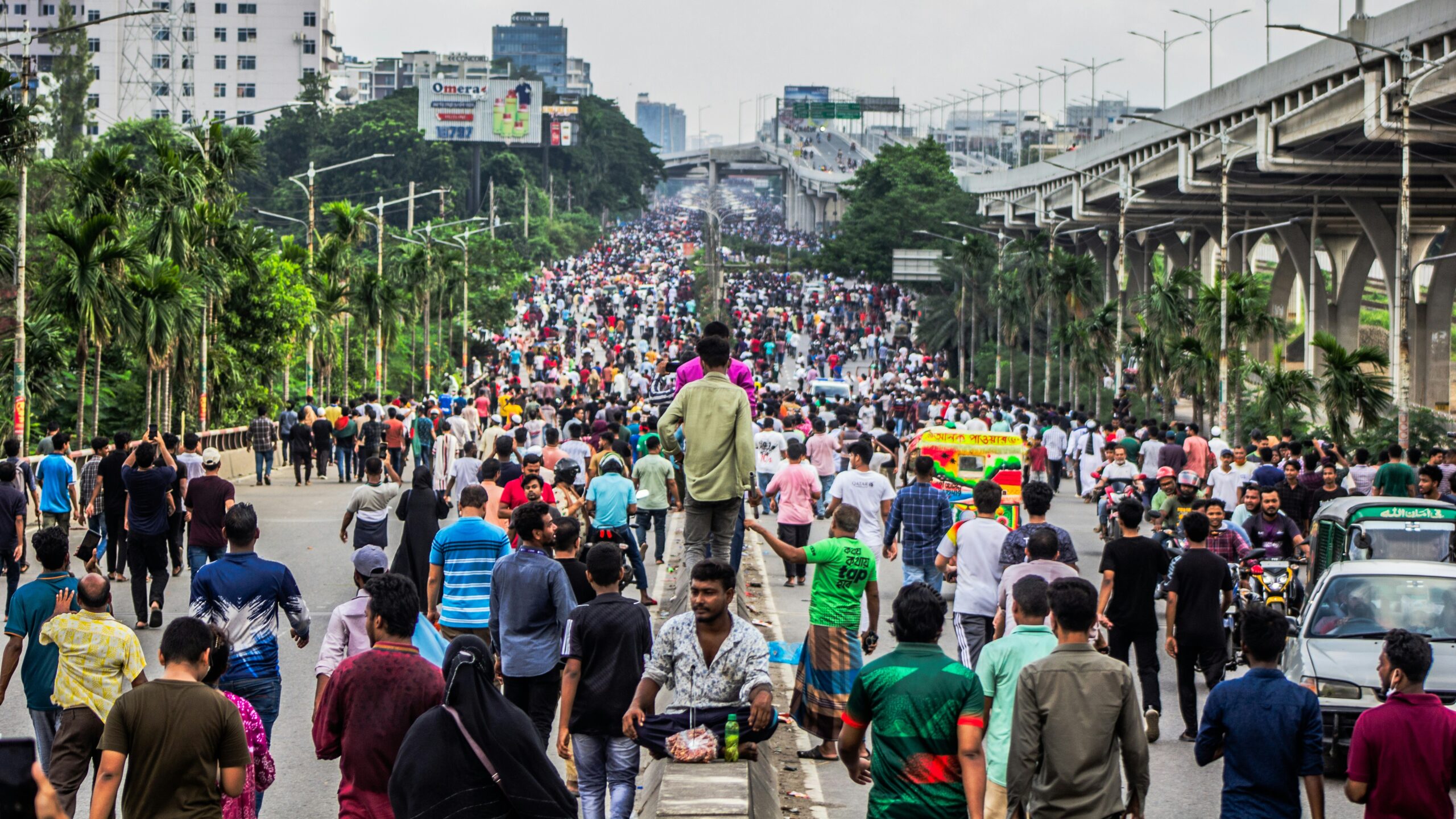The abrupt flight of Malagasy President Andry Rajoelina means that there’s is now a need for a change in leadership but it also highlights the fragility of governance in nations plagued by corruption and deep inequality. This is a government being toppled and state buckling under the weight of its own systemic failures, violently amplified by a young, politically awakened generation.
The sequence of events: from localized complaints over water and power shortages to a full-blown military defection and presidential exile is the textbook signature of a political system that has lost its social contract.
This is a crisis uniquely driven by demographics and despair. Madagascar is a nation where the median age is less than 20. The voice of “Gen Z” is therefore the voice of the majority. When a 22-year-old hotel worker, Adrianarivony Fanomegantsoa, takes to the streets, risking his life, because his 300,000-ariary ($67) monthly salary is insufficient for basic sustenance, it is clear that the youth are rejecting the poverty trap woven by decades of elite self-enrichment. Three-quarters of the population lives in poverty, and the fact that GDP per capita has plunged 45% since 1960 provides the stark, empirical evidence that the ruling class has catastrophically failed its mandate.

The tipping point was not just the street protests, but the decisive factor of army defection. The moment elite units, such as CAPSAT, refuse to “shoot on” protesters and instead escort them, the established power structure dissolves. This withdrawal of the security apparatus is the clearest indicator of government collapse and proves that no regime can withstand the combined force of popular will and military fracture.
The circumstances surrounding Rajoelina’s departure introduces a troubling geopolitical dilemma. The unconfirmed reports that the President fled the country on a French military aircraft after allegedly striking a deal with President Emmanuel Macron should raise immediate and urgent questions about sovereignty.
This narrative, if true, suggests that the stability of a former French colony is still being managed by its previous colonial power, casting a shadow over the transition of power. Why Madagascar’s president fled on French military plane must be a key line of inquiry for any subsequent investigation or provisional government. The perception that a Malagasy leader needed a French military exit strategy only reinforces the narrative of an elite disconnected from national loyalty and fundamentally reliant on external support.
The immediate consequence is chaos. With the Senate President temporarily installed, the nation faces a precarious power vacuum that could threaten its vital export economy (including vanilla, nickel, cobalt, and textiles). The UN has confirmed at least 22 people have been killed, a tragic human cost that instability always demands.
Why It Matters
The installation of a new leadership is a necessary but insufficient step toward national recovery. To address the root causes (poverty and corruption as drivers of Madagascar unrest) a provisional government must commit to a structural reform agenda that goes beyond mere political compromise.
Some of these reforms can include;
Reform of the security sector as the security forces saw themselves as separate from, and ultimately superior to, the political leadership. Comprehensive, internationally-backed security sector reform is essential to ensure that the military and gendarmerie are strictly professional, politically neutral, and accountable to the civilian government and the rule of law, not to personal loyalties or coup leaders.
Also, instead of relying solely on commodities vulnerable to global price swings, the government must prioritize investment in basic, universal services that directly address the protesters’ grievances: water, power, education, and healthcare. The vast foreign earnings from nickel and vanilla must be transparently reinvested to diversify the economy and create sustainable, living-wage jobs for the massive Gen Z population.

















